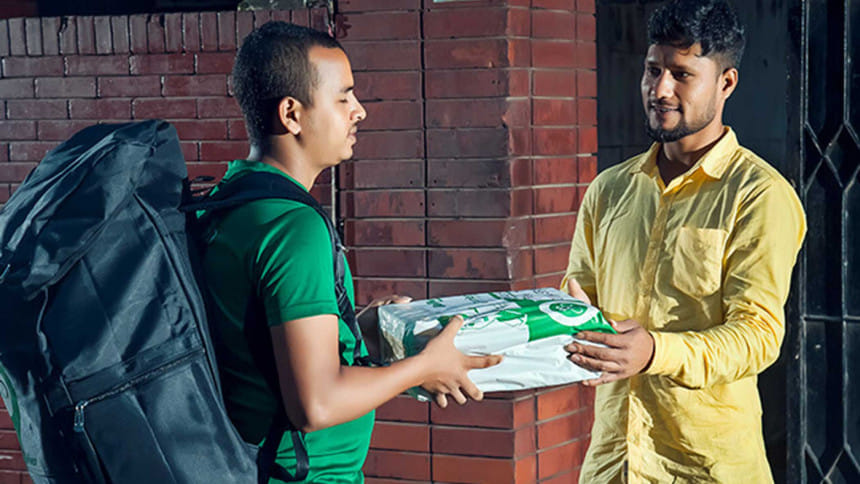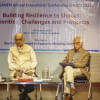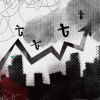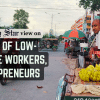Online shopping becomes costlier

Online purchases are getting costlier as courier companies in the country have collectively raised their fares in response to the recent increase in fuel prices.
For example, the country's top two courier and logistics service providers -- eCourier and Paperfly -- have already raised their charges by around 20 per cent in the face of higher transport costs.
The move could further impede growth in the e-commerce sector, which was already slow due to the scams that surfaced last year coupled with the ongoing inflation.
"We have increased the delivery charge for large and long-haul deliveries by 20 per cent considering the hike in fuel prices," said Biplob G Rahul, founding chief executive officer of eCourier.
As the increased charge will be levied on end consumers, this means that an item that previously cost about Tk 100 including the delivery fee will now be priced at about Tk 140.
Similarly, the document delivery charge is now Tk 35 to Tk 40 while it was Tk 25 earlier.
"This will directly affect the online shopping industry," he added.
He went on say that if courier companies like his do not increase their charges, they will have to burn through huge amounts of cash and ultimately suffer within six months for having bear the added cost.
Rahath Ahmed, co-founder and chief marketing officer of Paperfly, said the spike in fuel prices pushed up delivery costs and that is why they have had to raise the delivery charge as well.
"Besides, other online and offline based logistics and delivery companies have also increased their charges considering the current situation," he added.
Ahmed went on to say it would not be possible to sustain the business without adjusting the delivery fees. However, he fears the move will impact demand as people from lower-income households and outside Dhaka may reduce their online purchases considering the extra burden.
The government recently revised up the prices of diesel and kerosene by 42.5 per cent while the cost of petrol and octane rose 51.1 per cent and 51.7 per cent respectively.
A day later, the authorities increased bus fares by up to 22 per cent.
Local ride-sharing platform Pathao also raised the fare for riding its registered two-wheelers by an average of 16 to 18 per cent.
Now, Uber is also mulling increasing the price.
Meanwhile, the SA Paribahan and Sundarban courier services have increased their rates as well.
AKM Fahim Mashroor, chief executive officer of Delivery Tiger, a digital SME parcel aggregator, said they have not increased the price yet and will observe the situation for two months more.
"Since we make deliveries mainly for small and medium entrepreneurs, a sudden price hike would be a big burden for them. Besides, a large number of our deliveries are made through bicycles," he added.
Mashroor then said the country's e-commerce and f-commerce sector is still small and the government charges 15 per cent VAT on parcel delivery and 5 per cent VAT on online product sales.
"The government must suspend or cut those VAT to help e-commerce companies sustain themselves in this situation," he added.

 For all latest news, follow The Daily Star's Google News channel.
For all latest news, follow The Daily Star's Google News channel. 








Comments